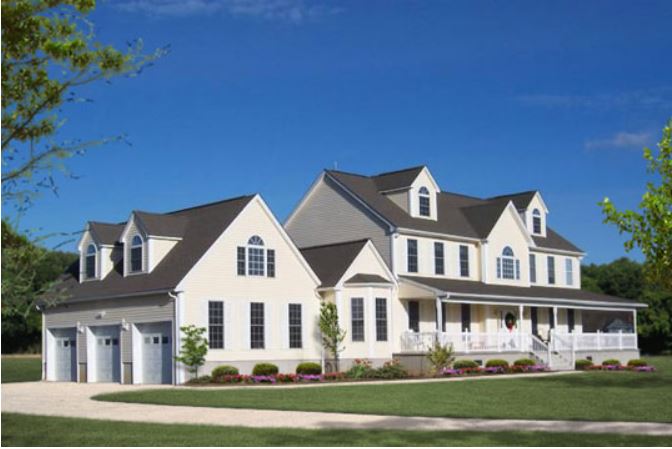For decades, modular home manufacturers have fought an uphill battle when it comes to perception. They know their homes are built to the same — and often higher — standards as site-built houses. They know their homes are energy efficient, sustainable, and tightly inspected before ever leaving the factory. And yet, when it comes time to sell one, those advantages usually vanish into thin air.
The reason? Realtors.
The Invisible Home on the Block
Walk down any suburban street, and you’ll see houses that look identical in design, style, and curb appeal. Some are site-built, others modular — but unless you’ve got an eye trained to spot the difference, you’d never know which was which. And neither do most Realtors.

Even when agents do know they’re listing a modular home, many hesitate to bring it up with buyers. Why? Because the word “modular” still carries baggage. Buyers confuse it with manufactured or mobile housing, and Realtors fear that raising the subject might derail the sale. The result is silence, and silence has consequences: modular construction never gets the credit it deserves.
The Realtor Blind Spot
The problem runs deeper than vocabulary. Most Realtors aren’t trained to explain the benefits of modular homes — benefits like precision construction, reduced waste, and advanced energy efficiency. Their training focuses on location, square footage, and comps, not how the house was built. Without the knowledge or confidence to explain modular advantages, Realtors simply avoid the conversation altogether.

And so the cycle repeats. Buyers walk into a modular home, fall in love with it, and purchase it without ever knowing what made it superior in the first place. The industry loses another chance to tell its story.
Changing the Narrative
This is not a small problem for the offsite construction industry. If Realtors don’t understand the product, they can’t sell it properly. And if buyers don’t hear the advantages, they’ll continue to believe modular is somehow less than traditional construction — when in reality, it’s often the opposite.
That’s why the industry must take ownership of the narrative. Manufacturers and trade groups can’t sit back and hope Realtors figure it out on their own. They need to invest in training programs, offer Realtor-friendly tours of factories, and develop educational materials that make modular’s benefits easy to explain in everyday language.
Who’s Leading the Charge?
One company making strides is Impresa Modular. Through its dedicated program for real estate agents, Impresa is bridging the knowledge gap by giving Realtors the tools and confidence to talk about modular homes. Their initiative introduces agents to the product, explains how to market it, and provides ongoing support so Realtors don’t feel like they’re on their own.

This kind of outreach is exactly what the industry needs more of — proactive, consistent, and focused on building long-term understanding.
The Path Forward
If modular construction wants to move from “invisible” to “indispensable,” the relationship with Realtors must change. Agents need to stop whispering the word “modular” and start saying it proudly. Buyers need to hear — clearly and confidently — that their future home was built in a controlled environment, inspected at every stage, and delivered with unmatched precision.
The offsite industry has the story. Realtors have the audience. Now it’s time to connect the two.
.
With over 9,000 published articles on modular and offsite construction, Gary Fleisher remains one of the most trusted voices in the industry.
.

CLICK HERE to read the latest edition

Contact Gary Fleisher












